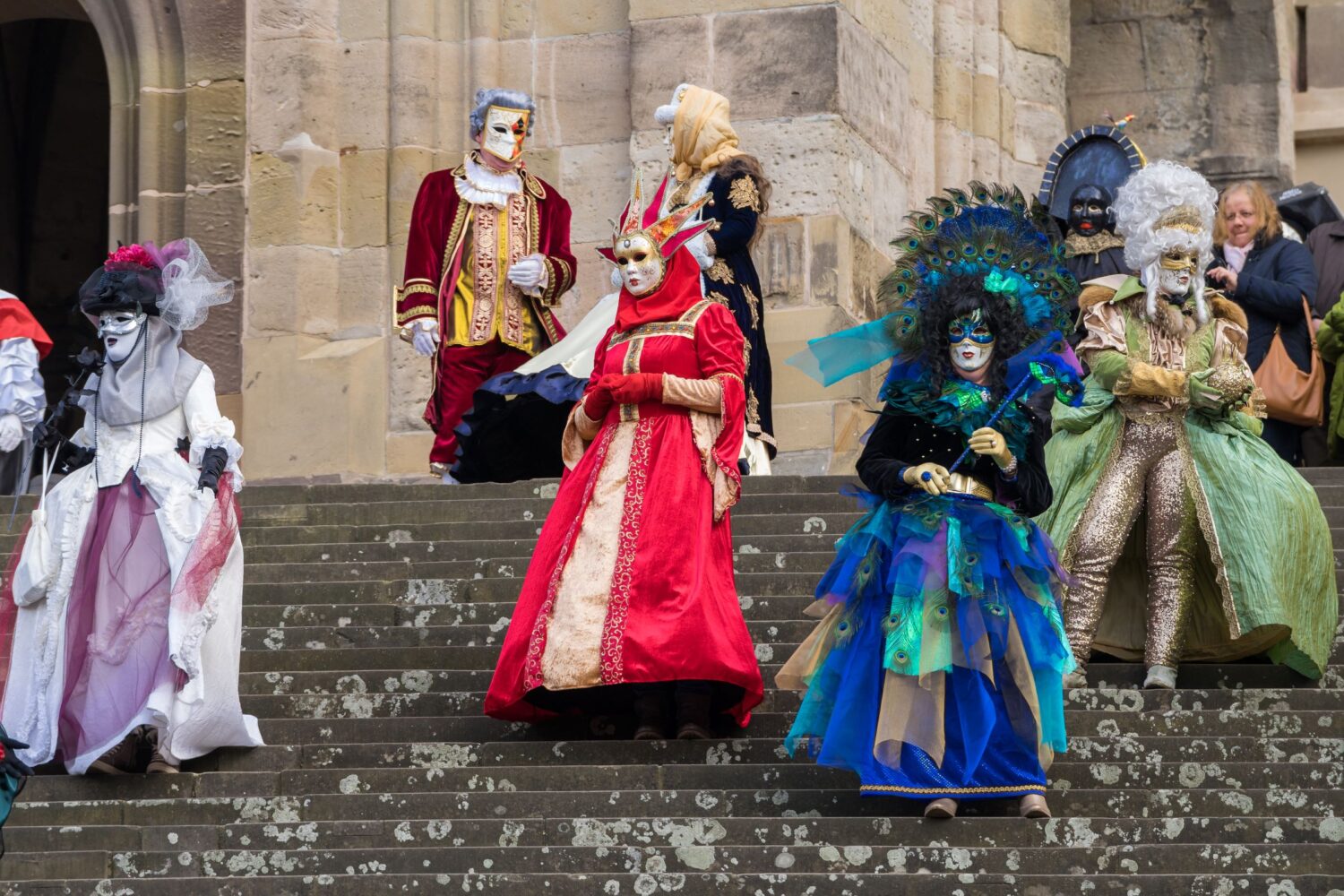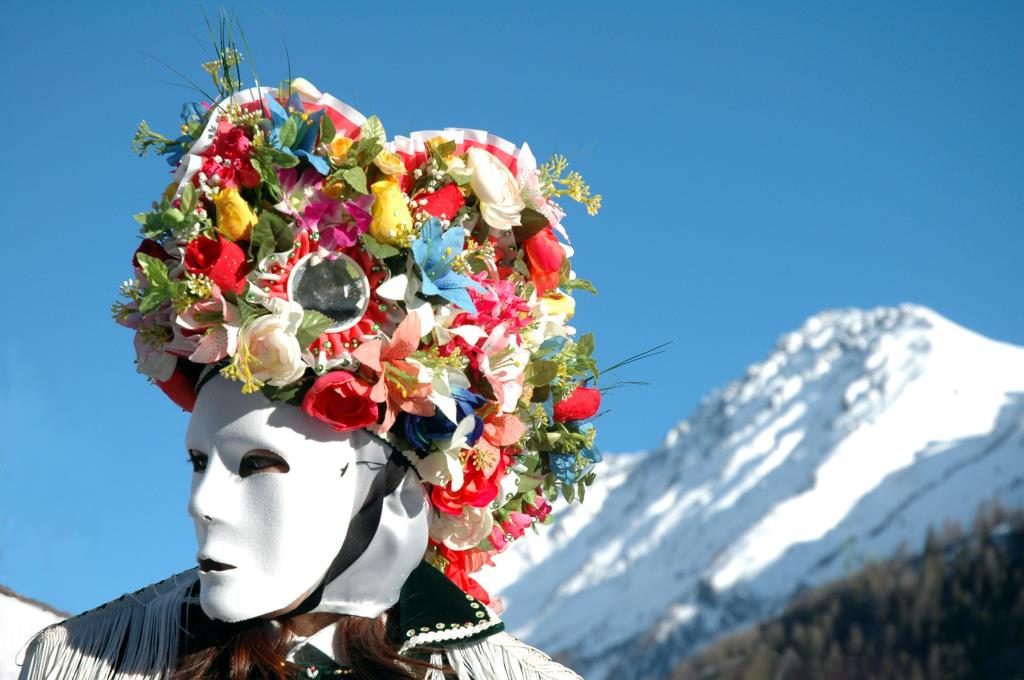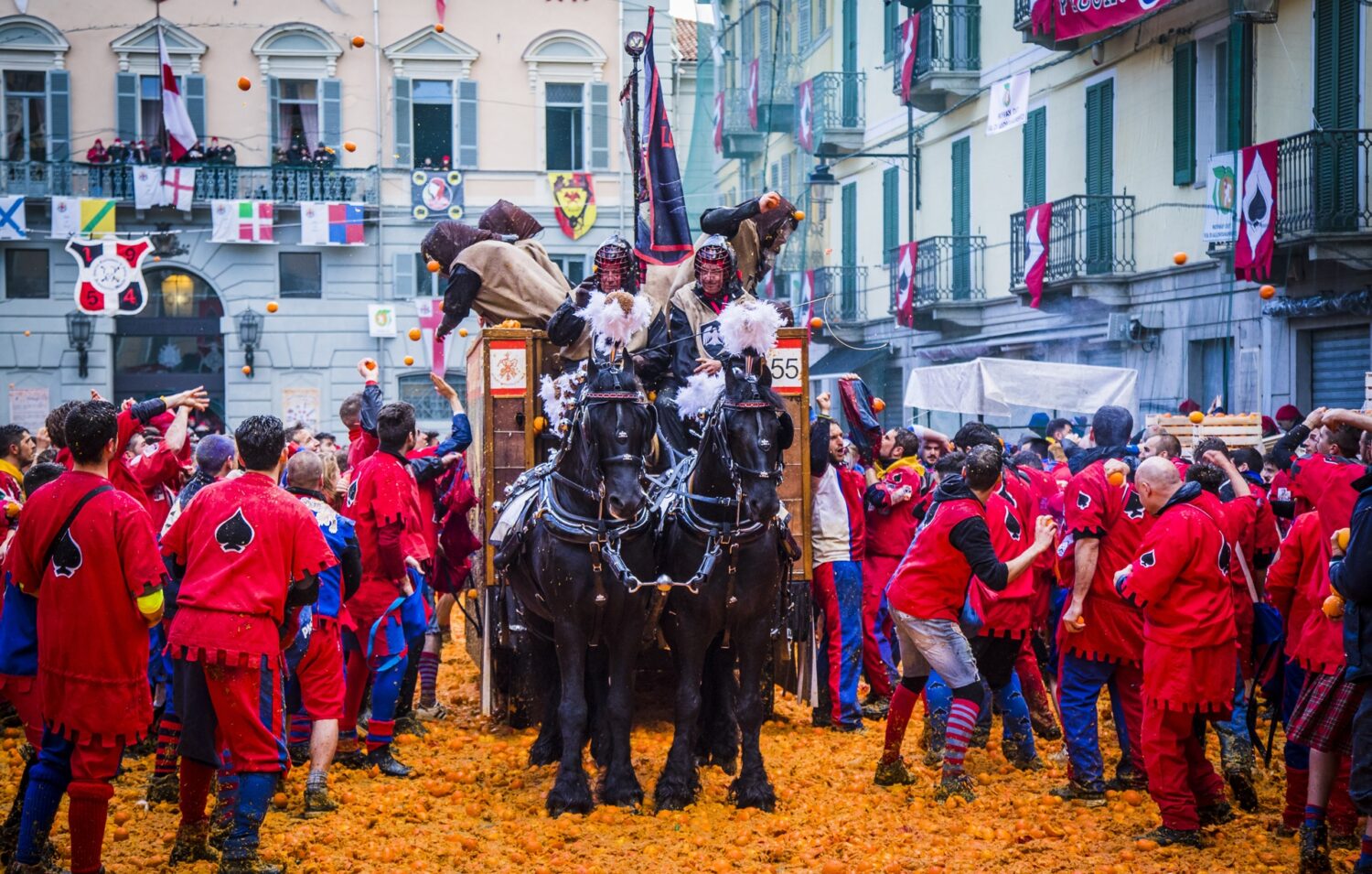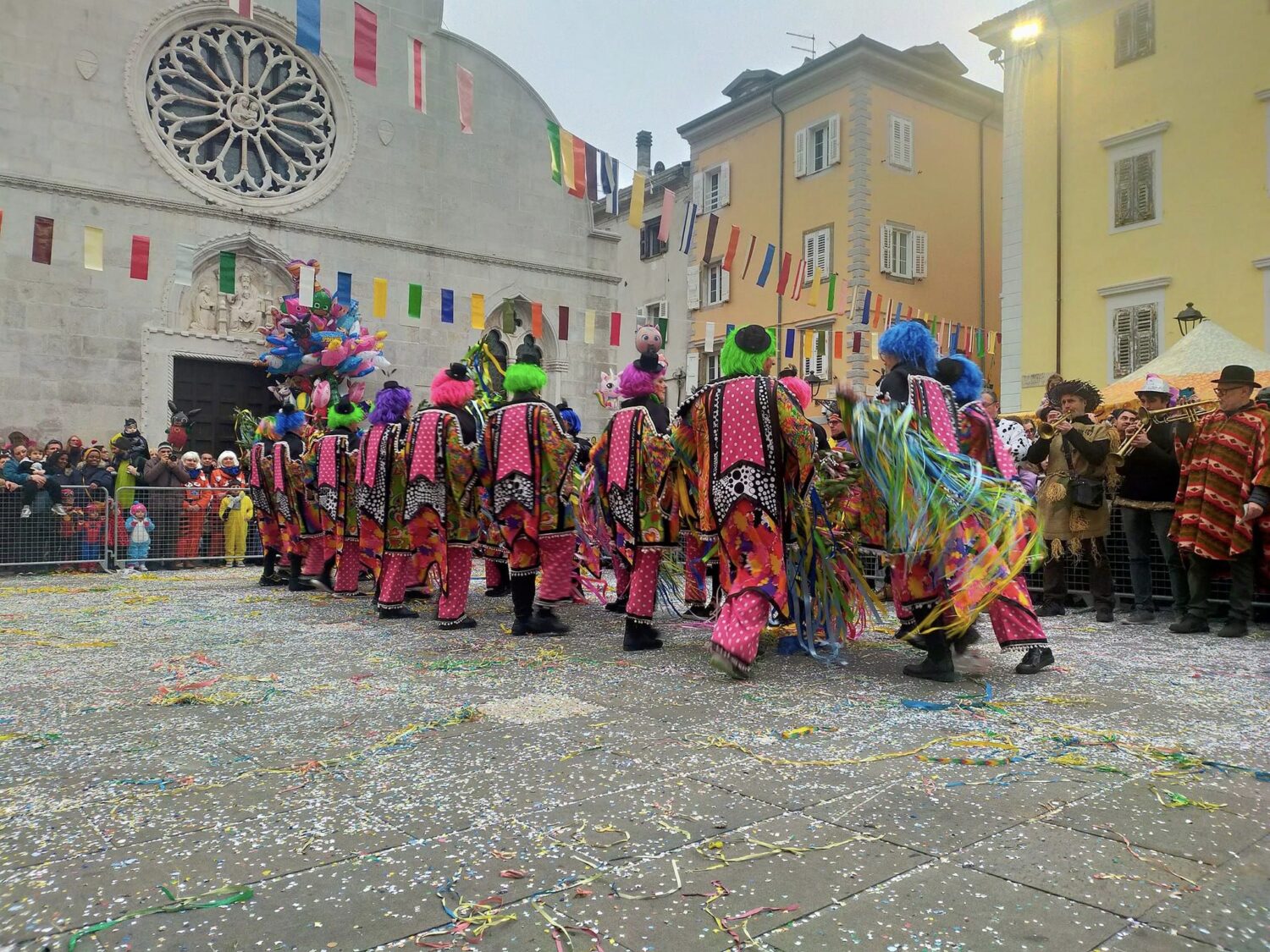Venice: “To the East. Marco Polo’s amazing journey”
The Venice Carnival is one of the most famous festivals in the world, rich in history, tradition and culture. Every year, thousands of visitors from all over the world gather in the lagoon city to participate in this spectacular event.
The 2024 edition of the Venice Carnival will pay homage to the famous Venetian explorer, Marco Polo on the 700th anniversary of his death. The celebrations will take place from January 27th to February 13th and will offer a full calendar of events and attractions to satisfy every kind of interest.

One of the most iconic features of the Venice Carnival is its masks. During the festival, the streets of Venice are filled with people wearing magnificent Venetian masks, which represent a centuries-old tradition. Masks are a symbol of freedom and allow people to express themselves freely, as well as creating an enchanting and mysterious atmosphere during the festival.
Furthermore, the city of Venice will be animated by a myriad of events and activities. There will be music, dance and theater shows for all tastes and ages. Visitors will have the opportunity to watch costume parades and the procession of boats on the Grand Canal.
In addition to daytime activities, the Venice Carnival also offers breathtaking evening events. Gala evenings, masked balls and fireworks shows will transform Venetian evenings into magical and unforgettable moments.
Mark Your Calendars
- January 28: The Water Procession on the Grand Canal from 11am to 1pm
- 27/28 January: Competition of the most beautiful masks in Piazza San Marco
- January 28: Feast of the “12 Marys”
- 27/28 January; 3/4 February; and from 8 to 13 February: Venice Carnival Street Show
- 2 February: fireworks and music show on the water at the Darsena dell’Arsenale
Visit the official website for complete details.
Aosta Valley and the Coumba Freida Carnival
Every year a truly unique Carnival takes place in the municipalities of the Gran San Bernardo Valley in the tiny region of Aosta Valley. “Coumba Freida” in dialect means the cold air of the valley and since 1800 the various villages have celebrated the days before Lent in an allegorical and original way.
The typical costumes of this Carnival, called landzette, are an allegorical representation of the uniforms of French soldiers. They are made entirely by hand and enriched with beads, sequins and mirrors. Each character who participates in the parades has a specific meaning and contributes to creating the magical atmosphere.

Each character who participates in the procession has a specific meaning. Napoleon Bonaparte represents power and leadership, while the devil symbolizes the dark and rebellious side of humanity. The harlequins are the jesters, who represent lightness and irony, while the “demoiselles” are the damsels who bring luck and prosperity. The bear is the symbol of nature and fertility. It represents the rebirth of spring and the fertility of the earth, which awakens after winter.
Mark Your Calendars
- 27/28 January: Carnival in Doues
- 8/9 February: Carnival in Étroubles
- 10/13 February: Carnival in Gignod
- 10/12 February: Carnival in Roisan
- February 10: Carnival in Saint-Oyen
Visit the Aosta Valley’s official tourism website at lovevda for more info.
The Historic Ivrea Carnival: The Oldest in Italy
Known above all for the famous battle of the oranges which takes place for three days in the main squares of the city, the Ivrea Carnival (in the Turin province of Piedmont) is rich in historical reenactments that draw from different eras. From the Middle Ages to the Napoleonic era, and from the eighteenth century to the Italian Risorgimento.

The most important moment recalls the liberation from tyranny and tells the story of the Marquis of Monferrato who starved the city and was driven out thanks to the rebellion of Violetta, the daughter of a miller who, in order not to comply with the ius primae noctis, killed the marquis, thus igniting the popular revolt. The famous Battle of the Oranges recalls this revolt.
Mark Your Calendars
- February 11: Battle of the Oranges
- 28 January: Beans and Carnival flavors in Piazza Ottinetti and Generala at 5.30pm in Piazza Città
- 4 February: Float parade at 10am and Generala at 5.30pm in Piazza Città
- 8 February: Transfer of power in Piazza di Città at 2pm and Children’s Day at 3pm in Piazza Ottinetti and Maretta; Generala at 5.45pm and bands in the square at 9pm
- 10 February: March of the Historical Parade, playful torchlight procession and parade of the orange grove teams on foot at 9.30pm; Fireworks show on the Lungo Dora at 10.30 pm
- 11 February: Preda in Dora on the Ponte Vecchio at 10.30am; at 2pm Historical procession and battle of the oranges
- 13 February: at 2pm historical procession and battle of the oranges; awards ceremony at 5.45pm
- 14 February: distribution of cod and polenta in Piazza Lamarmora at 11am
More information is available on the Carnival’s official website.
Carnival in Muggia: “Carneval de Muja”
The Muggia Carnival (Trieste province of the Friuli-Venezia Giulia region) is very old, dating back to 1420, while the famous “Vegetable Dance” emerged in 1611. If you have never heard of the “Vegetable Dance” or the Ballo della Verdura, allow us to explain: for more than 400 years, Shrove Thursday in Muggia is celebrated with a dance that includes men and women with garlands of vegetables on their heads recalling Theseus’ victory over the Minotaur in the labyrinth.

Another peculiarity of the Muggia Carnival is the total absence of masks. While similar to much of Italy, there is the classic parade of allegorical floats created entirely by hand by expert craftsmen months before the event.
The Muggia Carnival only lasts a few days and the 2024 edition is from 8 to 14 February.
Visit the official website for more information.
Mark Your Calendars
- 8 February: Children’s Carnival from 3pm to 5pm in Piazza Marconi; followed by the Vegetable Dance at 5pm
- February 9: Parade of primary school and nursery school children at 10am; Children’s Carnival from 3pm to 5pm; From 6pm shows and music
- 10 February: Pajama Party for children at the Museum of Modern Art at 10.30am; From 6pm show and DJ in Piazza Marconi
- 11 February: Costume and float parade starting at 1pm followed by awards at 6pm and music, dancing and DJ
- 12 February: 4pm Dance for children at the municipal gym; 5pm the “megafrittata” in Piazza Marconi followed by show and music in the square
- 13 February: 4.30 pm the masquerade parade without floats; 5pm awards ceremony followed by aperitif and music in Piazza Marconi and in the historic centre
- 14 February: Carnival funeral at 3.30 pm in Corso Puccini and the funeral vigil of the inconsolable widows in Piazza Marconi
Ultimately, no matter in which city you choose to celebrate Carnival, it will definitely be an experience that will last a lifetime!

